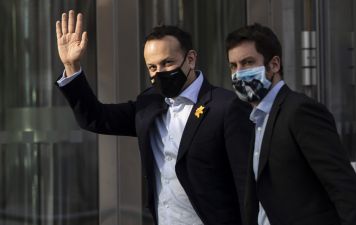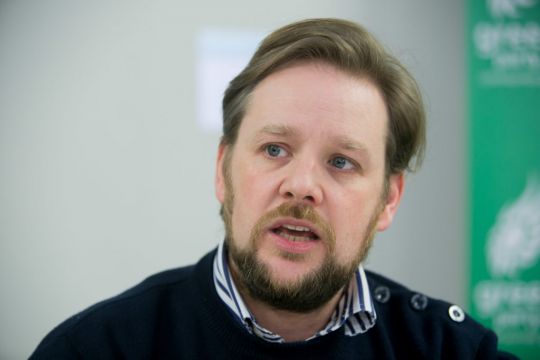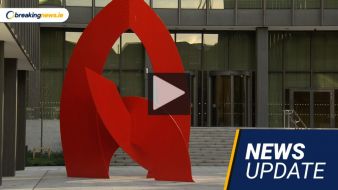Green Party TD Patrick Costello is seeking an urgent hearing of his High Court action concerning the constitutionality of parts of the CETA EU-Canadian trade deal which provide for the establishment of “investor courts”.
High Court president Ms Justice Mary Irvine said on Monday she hoped, despite very scarce judicial resources, to assign a judge to hear the matter in July and will update the parties later this week on arrangements for the hearing.
Mr Costello, a Green Party TD for Dublin South Central, is concerned the investor court system provided for under CETA (Comprehensive Economic and Trade Agreement) involves an unconstitutional transfer of sovereignty and judicial power.
If the investor court system is brought into force without being sanctioned by a referendum, that would be contrary to Articles 15 and 34 of the Constitution, he claims.
His proceedings are against the Government of Ireland, Ireland and the Attorney General.
On Monday, Siobhan Phelan SC, instructed by F.P. Logue Solicitors, for Mr Costello said the case raises very significant constitutional issues concerning the power to the Executive to ratify CETA and issues of EU law raised by the defence.
Ratification
The matter is urgent because CETA is under ratification now by various EU member states.
Counsel asked for an early hearing date and suggested the court might consider allocating a divisional court of three judges to hear it before the courts summer term ends on July 31st.
Michael Cush SC, for the defendants, said CETA is a very important agreement and it is very much in the State’s interest, and consistent with its EU obligations, to ratify it.
The Government had intended CETA to be ratified via Dáil motion before Christmas, he said. If Mr Costello’s arguments were correct, a referendum would be required which would further delay it.
His side absolutely supported the application to have the case, which raises issues of pure law requiring no witnesses or discovery, heard as soon as possible, counsel said.
Ms Justice Irvine said lack of resources meant it would be impossible to arrange a divisional court to hear the case before the end of July but she hoped to assign one judge to hear it in July.
CETA has two distinct elements, the first a trade treaty designed to reduce tariffs and increase trade between the EU and Canada. The trade element has been provisionally ratified by the EU and Canada and has been applied since September 2017.
Investor tribunal system
The second element, the focus of Mr Costello’s case, provides for an investor protection system and an investor tribunal system. If ratified, a code of rules will come into force under which Ireland will be bound by restrictions relating to establishment of investments by Canadian investors here.
Mr Costello claims the protections to be applied to Canadian investors usurp and supplant the law making function of the legislature and the judicial competence of the Irish courts.

His concerns include there is no limit on the value of compensation which may be awarded under the investor tribunal system and that neither the tribunal, nor an appellate tribunal, will be composed of judges appointed under the Irish Constitution. There is no mechanism under CETA reserved for the Irish courts via appeal or judicial review to determine whether the investor tribunal/appellate tribunal established under the CETA has given due weight to the rights of Ireland, he says.
To allow the government change the domestic law of the State by means of an international treaty would effectively permit it to legislate without reference to the Oireachtas, contrary to the Constitution, he says.
He wants various declarations including that the relevant part of CETA, Chapter 8, is repugnant to the Constitution and that the defendants cannot ratify Chapter 8 unless a decision to ratify has been taken by the people of Ireland through a referendum.
The defendants dispute his claims and plead, inter alia, that ratification of Chapter 8 is within the scope of the Executive power of the State.







